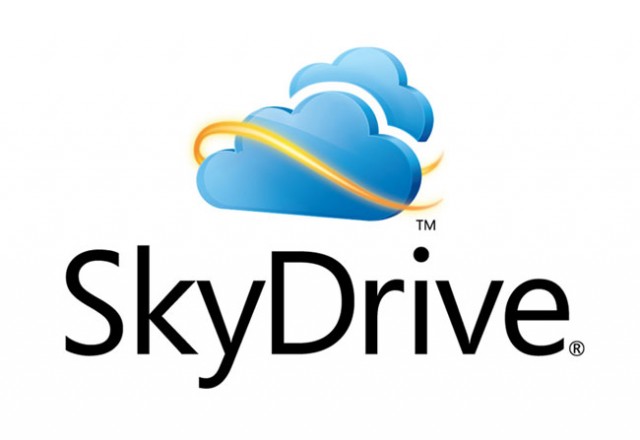Knowledge Management & File Sharing
Knowledge Management - Wikis
Knowledge management gives insight of some organizational group or gives an overview of experience. For communities of practice (Wenger, E., White, N., Smith, J., 2009) wikis or similar environments are used to manage distributed cognition in a complex networked world of information and computer-mediated interactions (Hollan, J., Hutchins, E., & Kirsh, D. 2000).
Wiki is a type of website that allows its users to add, modify, or delete its content via a web browser usually using a simplified markup language or a rich-text editor. Wikis can be websites used for one community, company or group of people with permission levels for users. There are several environments that support wiki type of website creation.
-
 is a free web hosting service. Like written on Wikispaces front page: "Wikispaces is special because we give you a visual editor and a bunch of other tools to make sharing all kinds of content as easy for students as it is for their teachers."
is a free web hosting service. Like written on Wikispaces front page: "Wikispaces is special because we give you a visual editor and a bunch of other tools to make sharing all kinds of content as easy for students as it is for their teachers."
File Sharing
File sharing is the practice of distributing or providing access to digitally stored information, such as computer programs, multimedia (audio, images and video), documents, or electronic books. It may be implemented through a variety of ways. Common methods of storage, transmission and dispersion include manual sharing utilizing removable media or internet-based hyperlinked documents.
Recently programs such as Dropbox, Google drive or Sky drive have appeared. One can create an account and then save his own files on the cloud. This tool is based on cloud computing, which means that the files are saved in the internet and you can share it everyone you wish. You just approve the request to share your files. One can also download the software and, after installing it, will have access to files without internet. The advantages of this type of software are; the opportunity for collaborative work, files are safely saved, and files can be used even without internet.
File sharing:
Dropbox is a file hosting server operated by Dropbox, that offers cloud storage,file syncronization, and client software. In brief, Dropbox allows users to create a special folder on each of their computers, which Dropbox then synchronises so that it appears to be the same folder (with the same contents) regardless of the computer it is viewed on. Files placed in this folder are also accessible through a web site and mobile phone applications.
Google Drive is a file storage and synchronization service by Google that was released on April 24, 2012. Google Drive is now the home of Google Docs, a suite of productivity applications, that offer collaborative editing on documents, spreadsheets, presentations, and more.
SkyDrive (officially Microsoft SkyDrive, previously Windows Live SkyDrive and Windows Live Folders) is a file hosting service that allows users to upload and sync files to a cloud storage and then access them from a Web browser or their local device. It is part of the Windows Live range of online services and allows users to keep their files private, share them with contacts, or make the files public. Publicly shared files do not require a Microsoft account to access.
References
Hollan, J., Hutchins, E., & Kirsh, D. (2000). Distributed cognition: toward a new foundation for human-computer interaction research. ACM Trans. Comput.-Hum. Interact., 7(2), 174-196. New York: ACM.
Wenger, E., White, N., Smith, J., (2009). Digital Habitats: Stewarding Technology for Communities. Portland: CPSquare.
 In English
In English Suomeksi
Suomeksi









